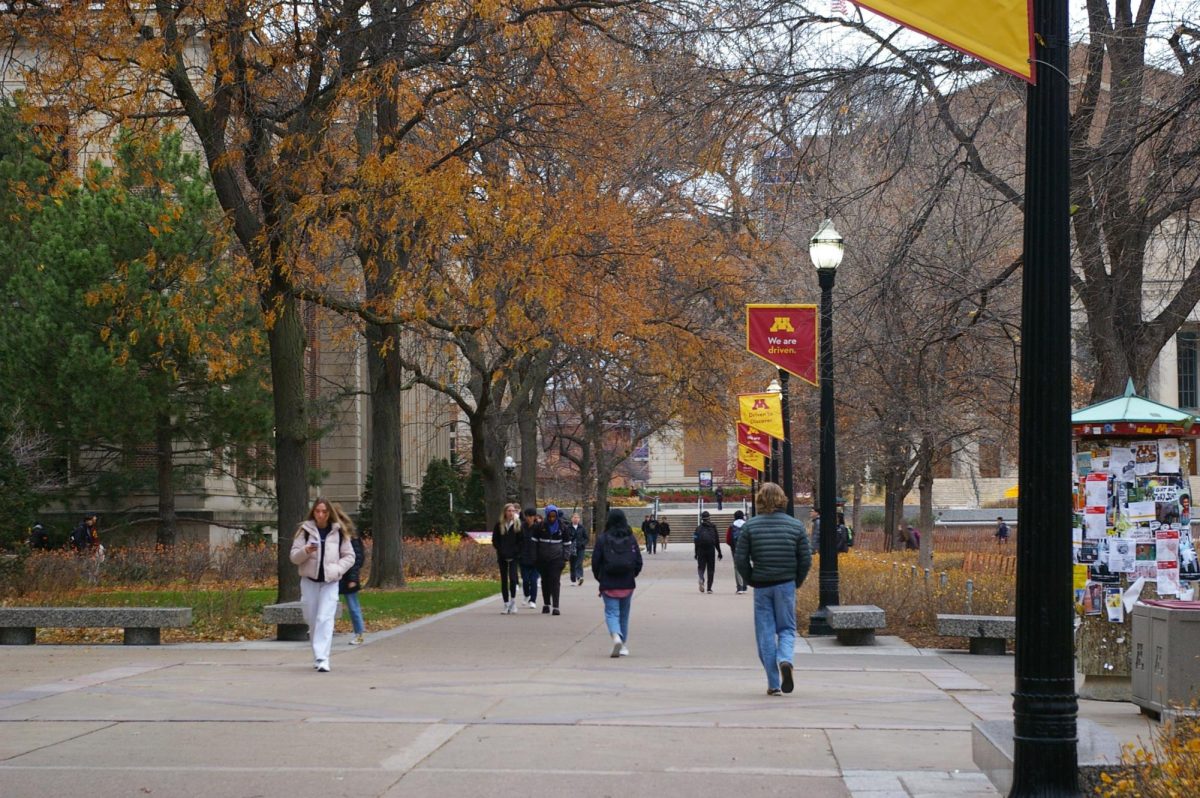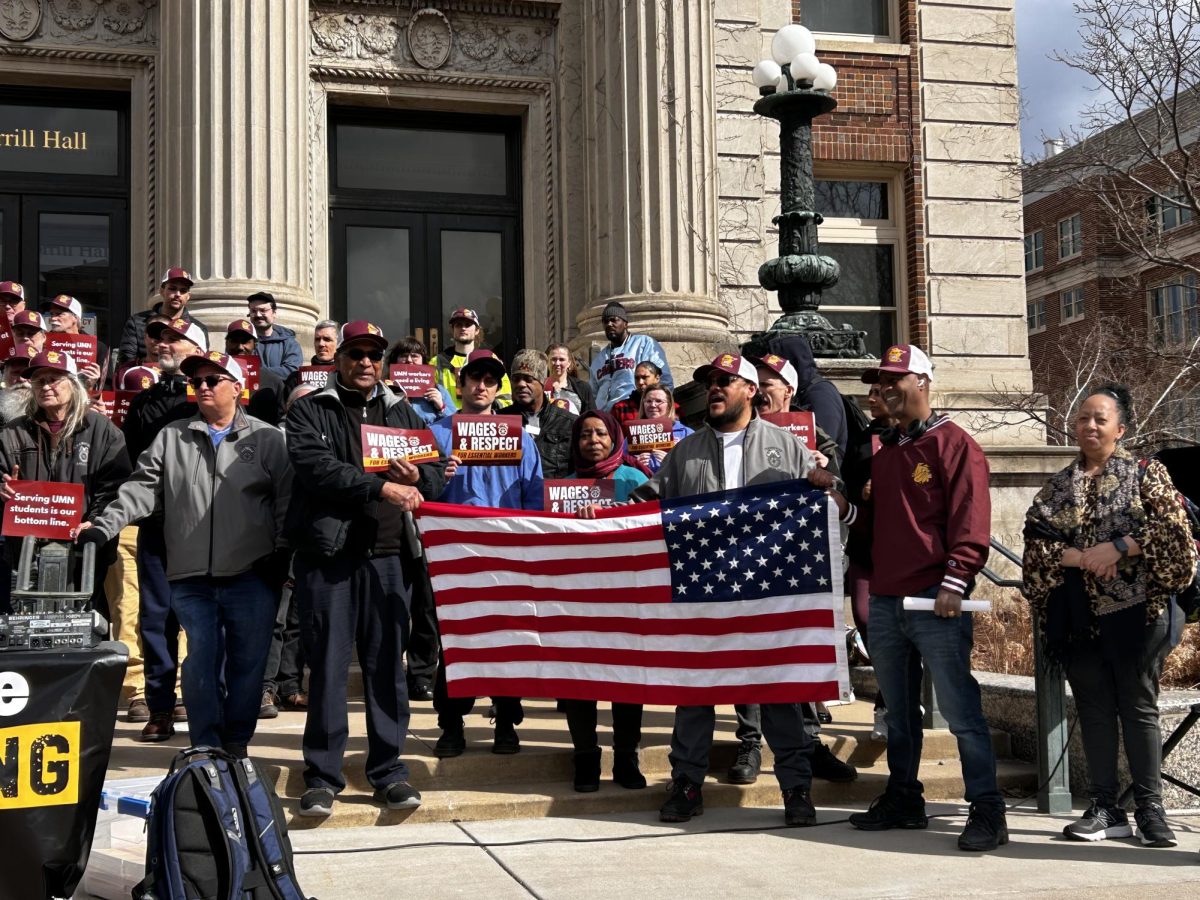Muslims around the University of Minnesota are celebrating Ramadan, the Muslim holy month, from April 2 to around May 1.
Mosques and organizations like the Muslim Student Association (MSA) are celebrating the holiday by inviting people to break their fasts together in the evening and holding prayers together throughout each day.
Ramadan is the ninth month of the Islamic calendar and is considered a sacred month dedicated to fasting, prayers and community. Muslims fast from dawn until dusk and pray five times a day. Fasting is considered an opportunity to exercise self-restraint to not be driven by desires, according to a newsletter from Dar Omar Al-Farooq, a mosque in Southeast Como.
MSA is working with organizations around the University to hold events throughout the month. Each weekday night MSA provides food from local businesses for people breaking their fast. Other events include group prayers, an Islamic awareness banquet and an Ask-a-Convert panel.
Ibrahim Irfanullah, MSA vice president, said the organization has been trying to make students aware of the academic accommodations they can get throughout the month and resources for students to use to contact their professors if a lecture or exam interferes with Ramadan.
“We’ve made an email template to help students explain to their professors what Ramadan is so they can make necessary accommodations,” Irfanullah said.
Irfanullah said students can check MSA’s Instagram to check out upcoming events.
The Dar Omar Al-Farooq mosque hosts Iftar every night with East African and Mediterranean food, mosque teacher Saeed Warsame said. Iftar is the first meal that breaks the daily fast. After hours of fasting, the Dar Omar Al-Farooq community unites to end their fast until the following sunrise.
Salat Tuke, the manager at Dar Omar Al-Farooq mosque, said many people in the community come to break their fasts together at the mosque each evening, and everyone is welcome.
“Community is an important part of Ramadan, and each evening we invite anyone to join us to break our fast at the mosque,” Tuke said.
Warsame said Ramadan is about teaching patience and generosity, but mostly the month is about people’s connection with Allah.
“Sometimes in Minnesota, the sun is out for 15 hours and in that time there may be no one watching you,” Warsame said. “But you fast because this month is between you and Allah.”
There is a special night during the last 10 nights of Ramadan that, if you are to worship that day, it is as if you have worshiped for 83 years, or 30,000 nights, Warsame said. This night is considered the night of power and the holiest night of the holiday.
Ramadan is more than a month of fasting; it is a month of growing one’s faith. Many people change their life habits during and after the month, Warsame said. These habits can include not smoking or not speaking poorly about others.
“It has to teach you generosity. In the month of Ramadan, you are recommended to give out what you have,” Warsame said. “You have to be merciful and kind.”



















